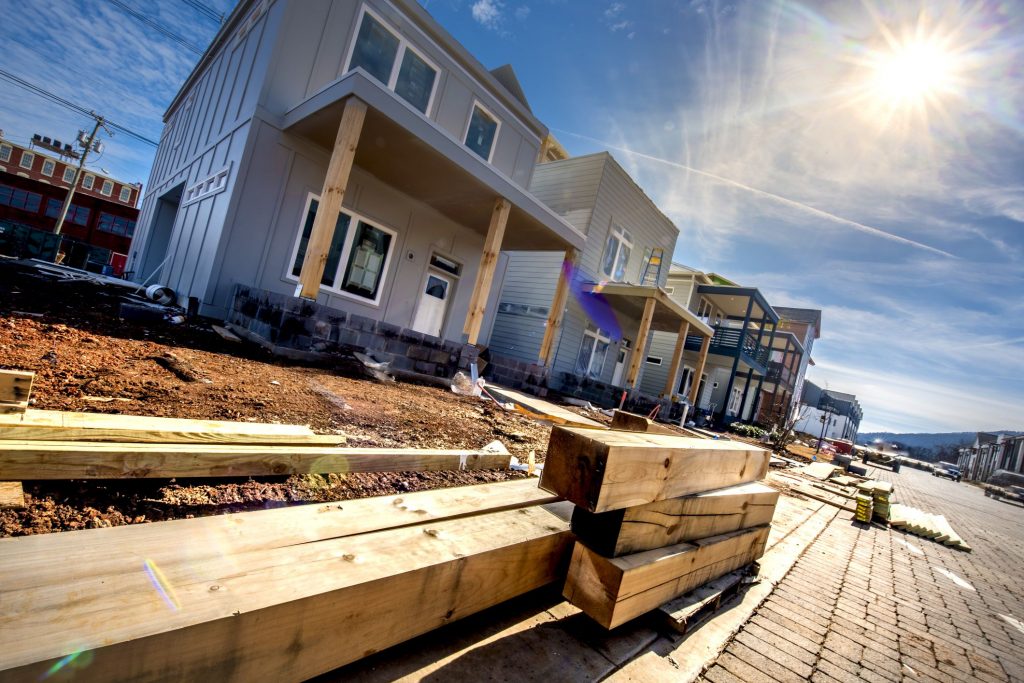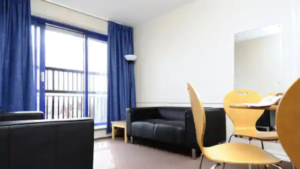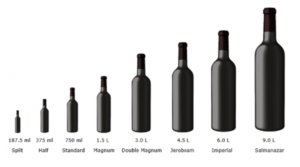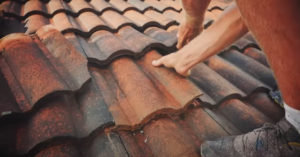What professionals and owners should know about Best technical buildings inspection
jwebmin

The residential buildings inspection deteriorate over time, and their owners are responsible for maintaining them in adequate security and conservation conditions, as well as guaranteeing their accessibility to people with disabilities, and improving their energy efficiency. The buildings inspection evaluation report includes this obligation for owners, which must be issued by qualified technicians . When is it mandatory to have the report? Are there penalties for not having it or for not performing improvement actions? Who demands it and who can write? What are its benefits? Applying for rehabilitation grants is one of them, but is the obligation to dispose of the report in general and in all autonomous communities? Participate with your comments.

10-21-2014
On June 27, 2013, the buildings inspection Urban Rehabilitation, Regeneration and Renovation Law was passed with the conviction that building rehabilitation is the smart way to build in cities , taking into account the current context on the one hand, and tradition Spanish urban planning on the other. There must be a balance between new construction and rehabilitation.
Within a context of economic crisis, this law provides a regulatory framework that will solve the respective obstacles of lack of technical and economic feasibility faced by the urban rehabilitation, regeneration and renovation of buildings. Besides its role in the economic recovery, it will contribute to the creation of buildings inspection employment and revaluation of real estate : homes, premises, residential buildings, office and tourist buildings such as hotels , spas, hostels, etc.
The houses built in Spain between the 50s and 80s, represent a part of the residential park of low quality homes . On the other hand, the buildings inspection are responsible for 40% of the final energy consumption of the EU, so there are European directives (DIR 2012/27 / EU) that require to improve their energy efficiency , having to achieve the following objectives:
YEAR 2020 : reduce CO2 emissions by 20% compared to 1990.
2050 : reduce CO2 emissions by 80-95% compared to 1990.
Who has the obligation to have an evaluation report of the building, and when?
L ey 8/2013 ,discussed in the preceding paragraph, buildings inspection regulates Assessment Report of buildings (EEI) . This document is intended to guarantee the safety, habitability and health, accessibility and energy efficiency of existing homes in the national territory.
It is the responsibility of the property owners, who belong to residential buildings inspection of collective housing, the obligation of the updated IEE . The competent Administration may require these owners to have the IEE in the following circumstances – deadlines and types of buildings:
1. Collective housing buildings older than 50 years , within a maximum period of 5 years after reaching 50 years, except if they already have a current technical inspection, in which case, in this case, the revision of the report , either taking into account the regulations in force at the time of writing, if it has not been more than 10 years since the publication of the new law 8/2013 of June 27, 2013; or by updating the report to the new law in force.
2. The IEE will be mandatory to request public buildings inspection assistance for the rehabilitation (including energy rehabilitation ) of collective housing buildings : conservation works, accessibility and / or improvement of the building’s energy efficiency.
3. In all other circumstances in which an autonomous or local regulation requires it.
The IEE will be carried out on behalf of the Community or grouping of communities of owners, will include all homes and premises of the building or set of buildings, and will be valid for 10 years
What does the technical inspection of buildings and its IEE report evaluate?
When the owners of real estate in buildings inspection a collective housing building, are required by the Administration to accredit the state of the same, they must have the IEE, which will evaluate the following aspects:
1. The state of conservation of the building : state of the structure, roof and foundation, state of protection against the presence of water and dampness, pathologies detected, presence of cracks or dampness, habitability and sanitation, etc.
2. Evaluation of the basic conditions of universal accessibility and non-discrimination of persons with disabilities for access to the building, and in accordance with current regulations: spatial buildings inspection characteristics of access to the building from the street, from the hallway, from the horizontal paths and vertical, and of the main and alternative means of vertical communication, etc.
3. The energy certification of the building : the report will include the certificate of energy efficiency of the building regulated by RD 235/2013 of April 5, 2013, with the content specified in its article 6.

Corrective measures will be included , if necessary, to ensure the correct adequacy of all of the above.
On the other hand, there may already be a Technical buildings Inspection report that includes the first two sections, so it will be sufficient to include the documentation referred to in section 3 of building energy certification .
What are the consequences of not having the IEE?
The fact of not having the IEE in time and form, is considered as a URBAN INFRINGEMENT ,
When a community or community of owners association orders the realization of the IEE, you must send a copy to the agency in charge in your Autonomous Community, and register it . A copy of the works accreditation report will also be sent , as a result of the correction of the deficiencies detected in the property during the technical inspection.
There will be a census of buildings, buildings, homes and premises required for rehabilitation .
Documents needed to request grants to rehabilitate buildings
The IEE will be mandatory to request public aid for the rehabilitation of collective housing buildings , without having to reach 50 years old. It will be part of the necessary documentation to submit the grant application.
The report may be signed by:
1. Competent optional technician: in possession of an academic and professional qualification qualifying for project drafting or construction management and work execution management (Law 38/1999 of November 5 on Building Planning).
2. Registered inspection entities that have competent technical technicians.
3. Responsible for technical services in the Public Administration that have professional training.

Other documents necessary for the application for grants in Building Rehabilitation.
The certification of energy efficiency will also be a necessary document by itself, in the application for public aid, to accredit two aspects:
1. The initial energy rating of the property, which accredits the current state of the building, and the energy buildings inspection rating as a result of the implementation of improvement measures , for which public aid is requested.
2. The final energy rating of the property, accrediting compliance with the requirements for the granting of public aid , referred to minimal improvement in the energy rating or percentage reduction of energy demand, and detailed in the bases.
Finally, it may also be mandatory to request public aid for the energy rehabilitation of buildings in actions on the thermal envelope, in addition to a Rehabilitation Project or Technical Report describing the action, the Accreditation Report issued by a control body or entity accredited (OCT) that meets the requirements established in RD 410/2010 of March 31.





